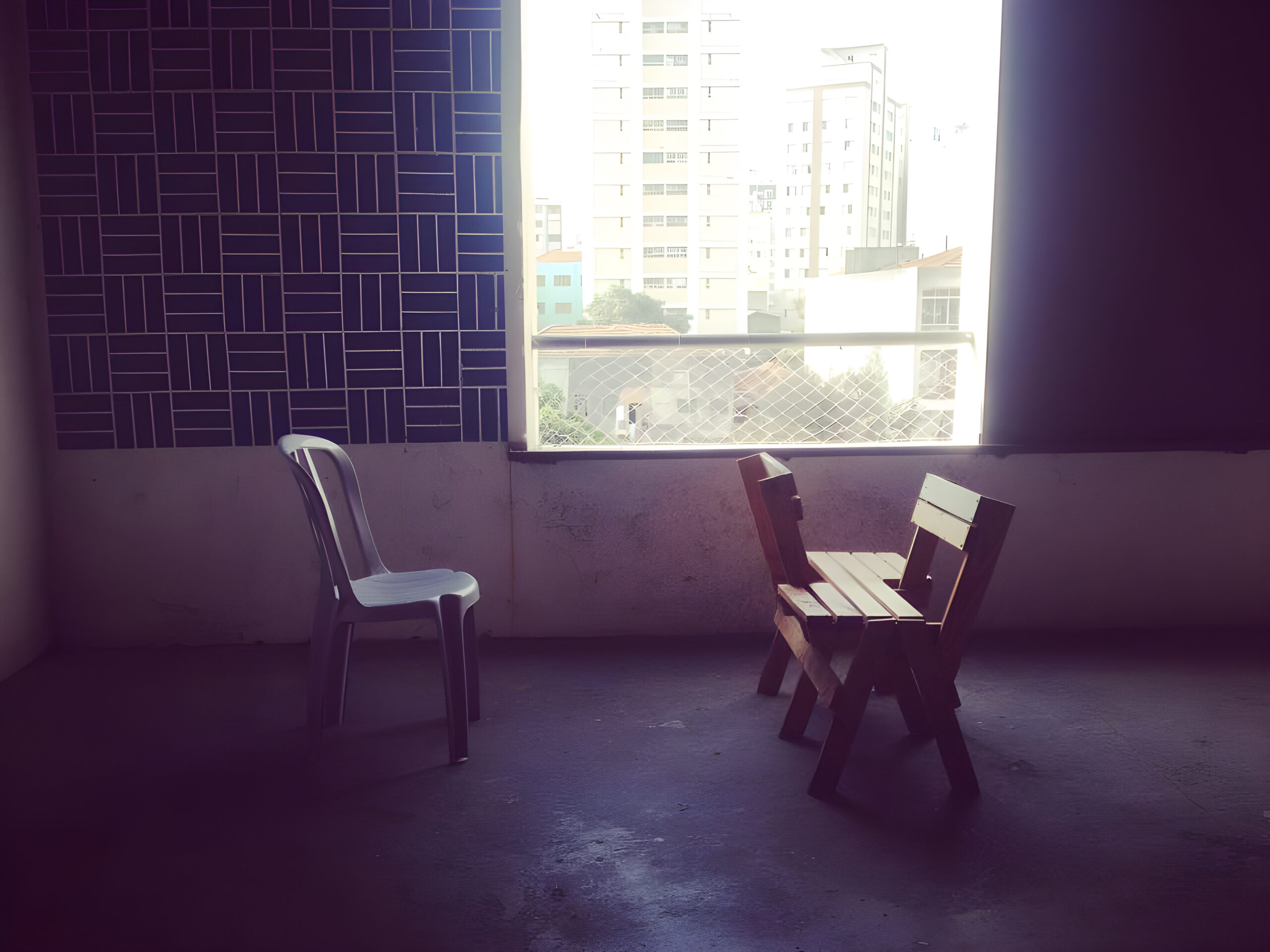The Berlin Poliklinik was the first psychoanalytic free clinic, and it opened its doors in 1920. Some of its innovations included guidelines for the length of treatment, a new thinking on time-limited analysis, and a formal debate on the possibility and techniques of child analysis. Key early figures here are psychoanalysts Max Eitingon, Otto Fenichel, Karl Abraham and Ernst Simmel. As Elizabeth Danto has shown in her book Freud’s Free Clinics: Psychoanalysis and Social Justice, 1918-1938, the clinic’s lectures were popular among teachers, social workers and medical professionals and were successful in disseminating psychoanalytic findings in the wider community. There was a special importance given to the built environment in relation to the outcome of the treatment, which was rooted in modernist ideas of communitarian design. The project will unpack the way these early ideas impact the practices of a series of de-centralised contemporary initiatives in Berlin.

